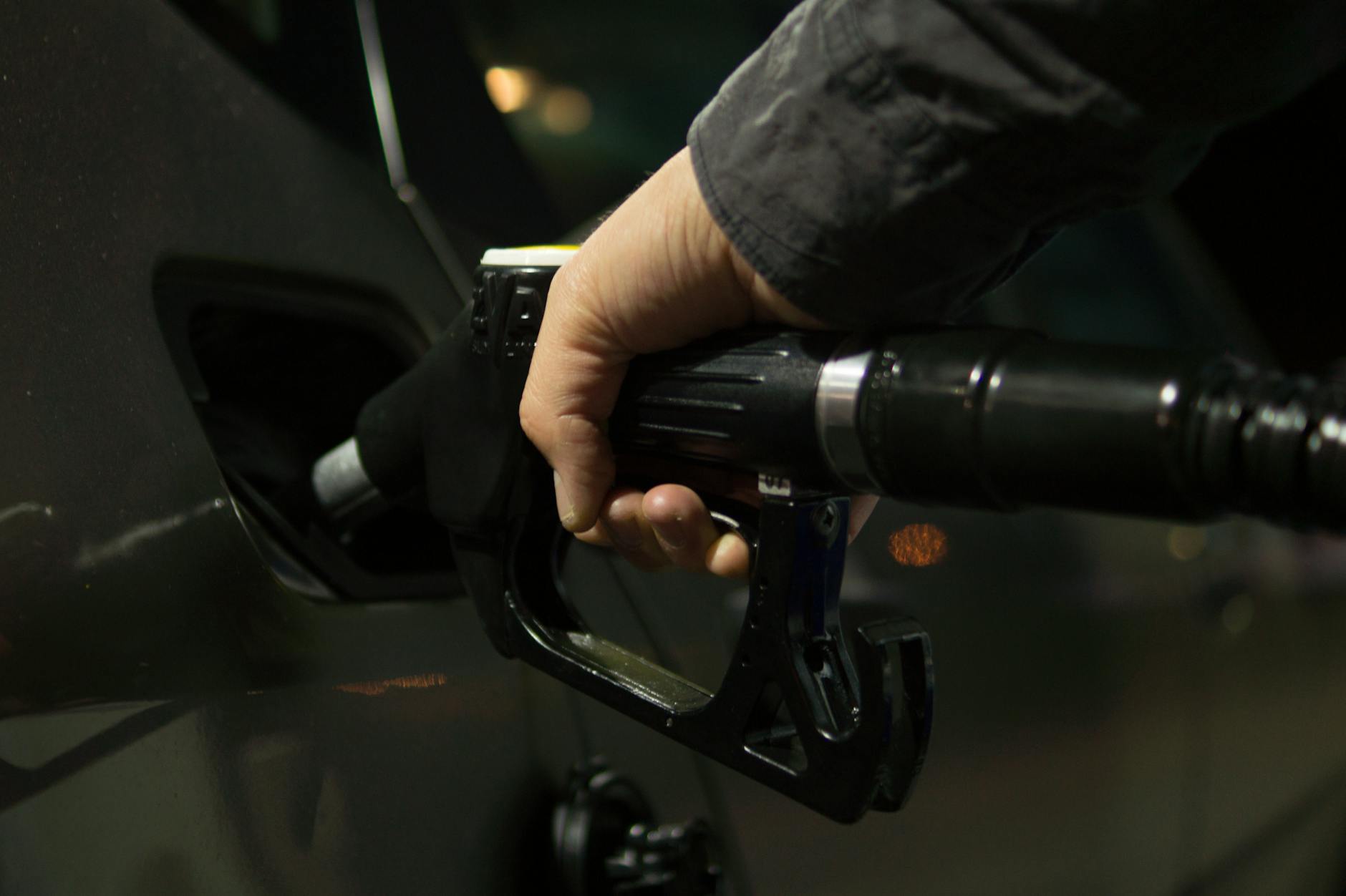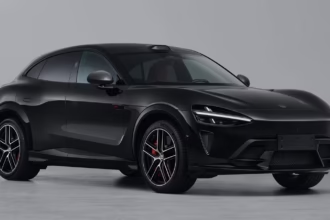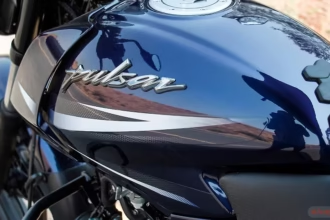Delhi reverses ELV fuel ban amid public outcry
The Delhi government has reversed its recent fuel ban on end-of-life vehicles (ELVs), which prohibited fuel sales to diesel vehicles over 10 years old and petrol vehicles over 15 years old, starting July 1, 2025.
The decision, initially aimed at curbing air pollution, sparked widespread public outrage due to its impact on vehicle owners, particularly middle-class families.
Environment Minister Manjinder Singh Sirsa cited technological issues with the Automatic Number Plate Recognition (ANPR) system and lack of integration with neighboring states as reasons for the rollback. This shift raises questions about its broader effects on the Indian auto market.
How Will This Affect Vehicle Owners?
The Delhi fuel ban rollback brings relief to owners of approximately 62 lakh ELVs in Delhi, many of whom rely on these vehicles for daily commuting. The original ban forced owners to sell or scrap well-maintained cars, often at significant financial loss.
For instance, some sold high-value vehicles like Mercedes-Benz for throwaway prices. With the ban lifted, owners can continue using their vehicles, delaying costly upgrades. But will this create a false sense of security, delaying the inevitable shift to cleaner vehicles?
The government’s plan to target poorly maintained vehicles instead raises questions about enforcement consistency.
What Does This Mean for the Auto Industry?
The rollback could slow the push toward electric vehicles (EVs) in India, where EV penetration is only 2.7%.
The ban was expected to boost new car sales, potentially adding Rs 4.5 trillion to auto companies and tax revenues. Now, with ELVs back on the roads, demand for new vehicles, especially EVs, may dip temporarily.
However, could this prompt automakers to offer better scrappage incentives or affordable EVs to align with Delhi’s 30% EV penetration goal by 2030? The Indian auto market faces uncertainty as manufacturers like Bajaj and Hero MotoCorp navigate this policy shift.
The Delhi fuel ban rollback reflects the tension between environmental goals and economic realities. While it eases the burden on vehicle owners, it challenges India’s clean air and EV adoption ambitions. How will policymakers balance these priorities moving forward, is yet to be seen!






